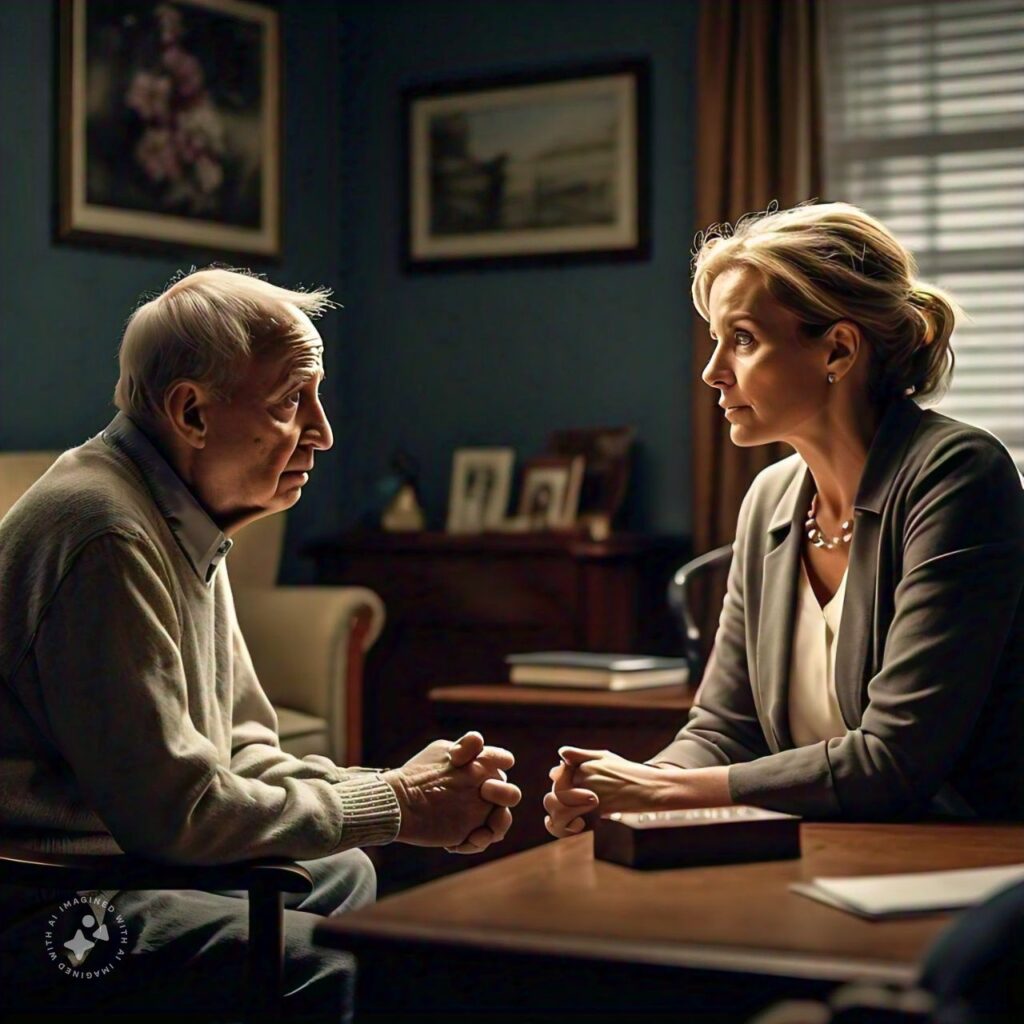BEREAVEMENT COUNSELLING
A counselor’s role in family conflict is to provide a neutral, supportive, and guidance-oriented environment where family members can express emotions, identify patterns, and develop effective communication and conflict resolution skills to improve relationships, manage disputes, and foster a more harmonious and resilient family dynamic.

KEY ASPECTS OF COUNSELOR’S ROLE
Initial Assessment
- Nature of the loss (sudden, anticipated, traumatic)
- Client’s emotional and psychological well-being
- Coping mechanisms and support systems
- Cultural and spiritual background
Supportive Counseling
- Active listening and empathy
- Validation of emotions (shock, denial, anger, sadness)
- Exploration of grief experiences
- Encouragement of expression and processing
Grief Process Exploration
- Recognizing stages of grief (Kubler-Ross model)
- Understanding individual grief patterns
- Addressing ambivalence or complicated grief
- Exploring meaning-making and reconstruction
Coping Strategies and Techniques
- Relaxation methods (breathing, mindfulness)
- Emotional regulation
- Memory preservation (journaling, memorials)
- Building support networks
Complicated Grief Management
- Identifying prolonged or intense grief
- Addressing traumatic or sudden loss
- Managing anniversary reactions
- Referral to specialist services (if needed)
Cultural and Spiritual Sensitivity
- Respecting individual beliefs and values
- Incorporating cultural rituals and practices
- Exploring spiritual questions and doubts
Theoretical Frameworks
- Worden’s Four-Task Model
- Kubler-Ross’s Five-Stage Model
- Attachment Theory
- Cognitive-Behavioral Therapy (CBT)
Self-Care for Counselors
- Managing secondary trauma
- Maintaining professional boundaries
- Engaging in self-reflection and supervision
Additional Considerations
- Children and adolescent grief
- Disenfranchised grief (hidden or unrecognized losses)
- Support groups and online resources
- Bereavement counseling in diverse settings (hospitals, community centers)
